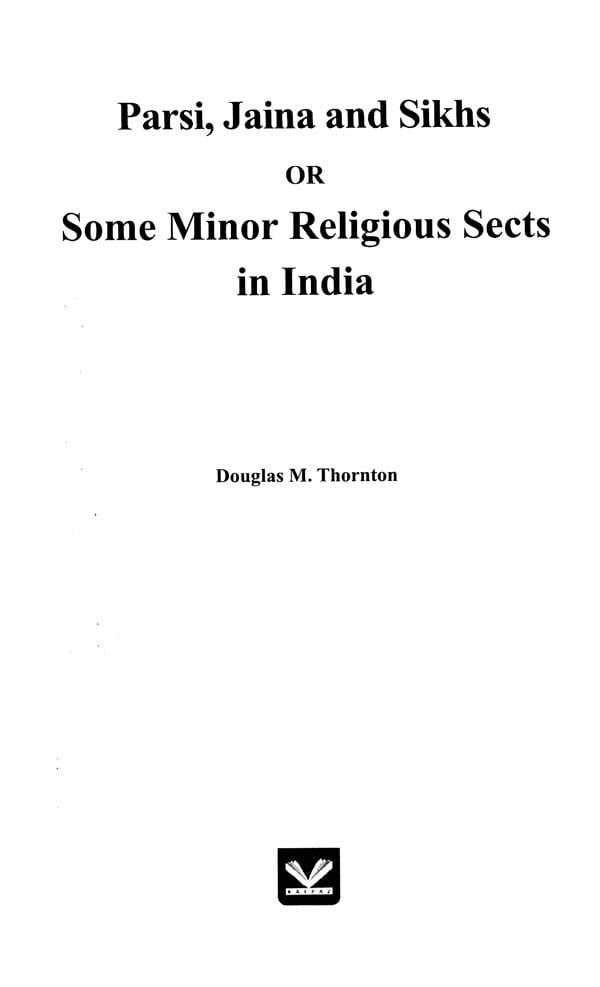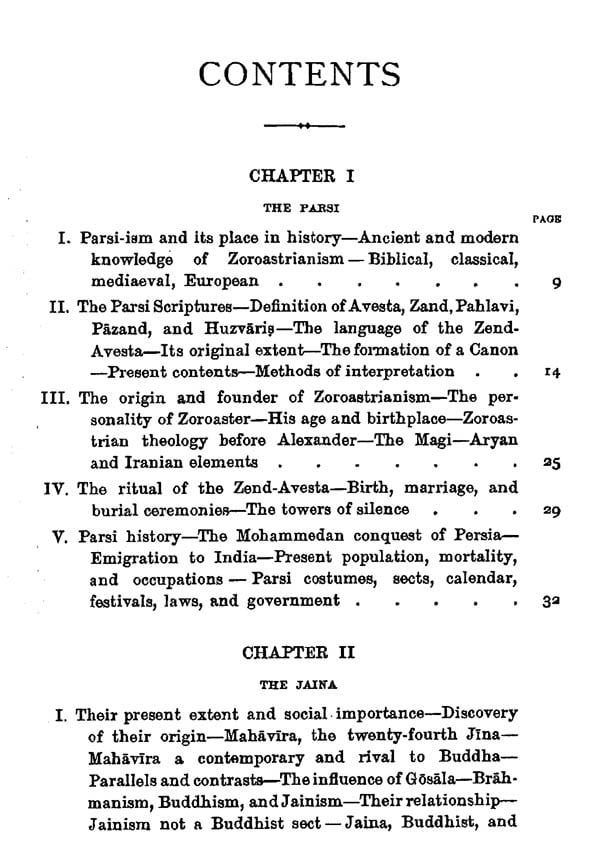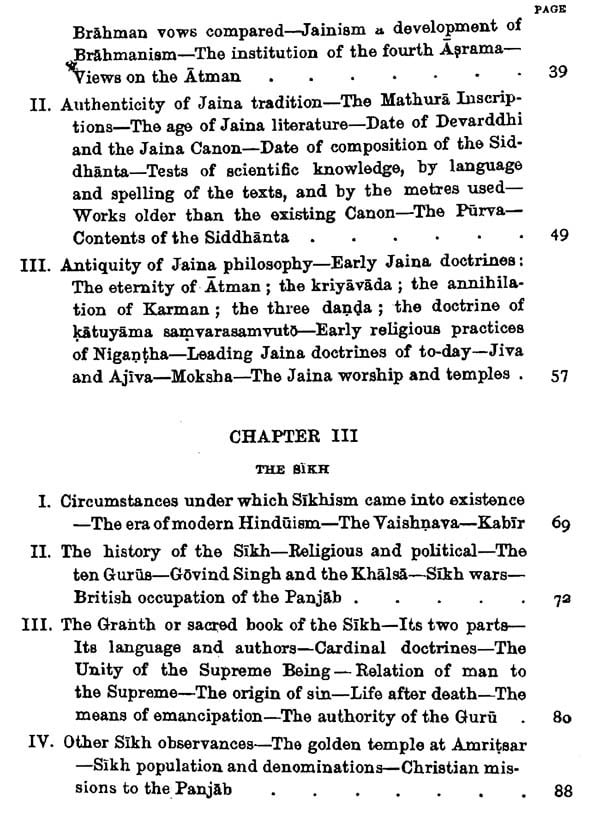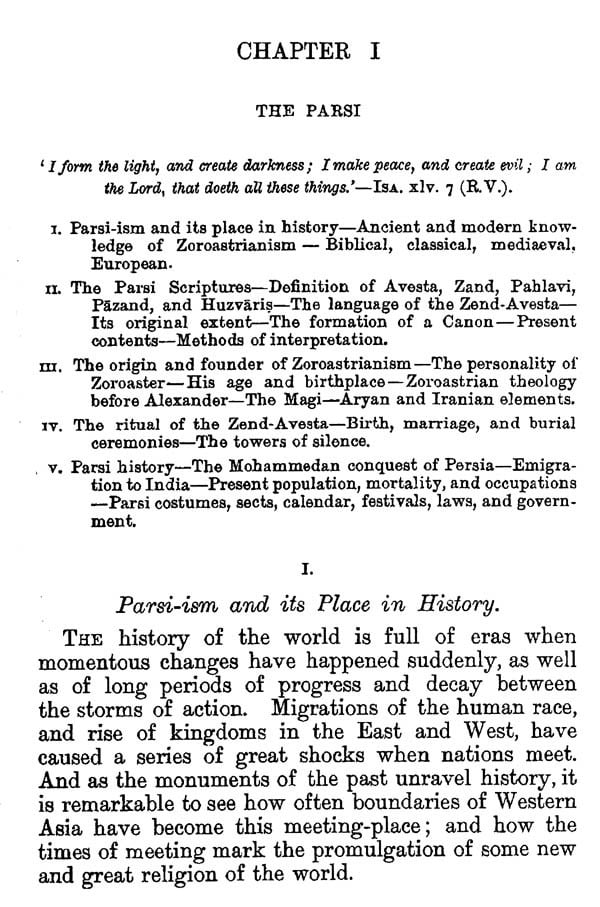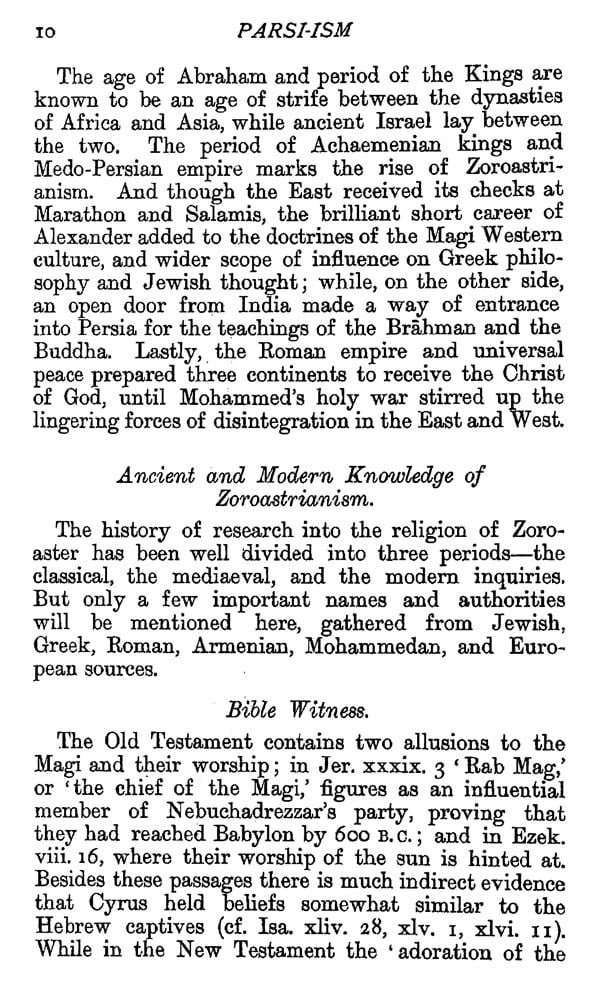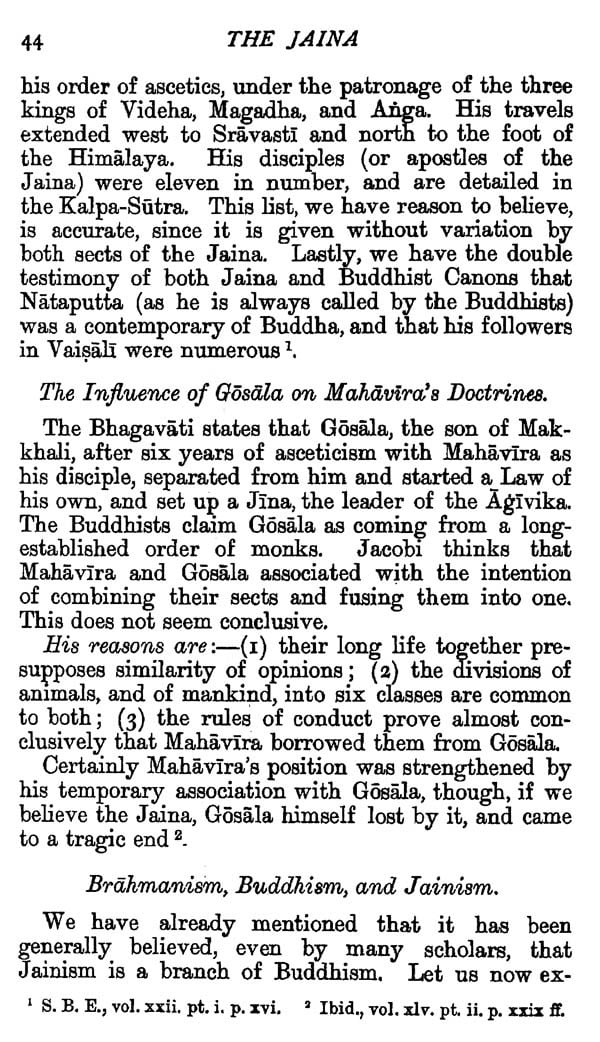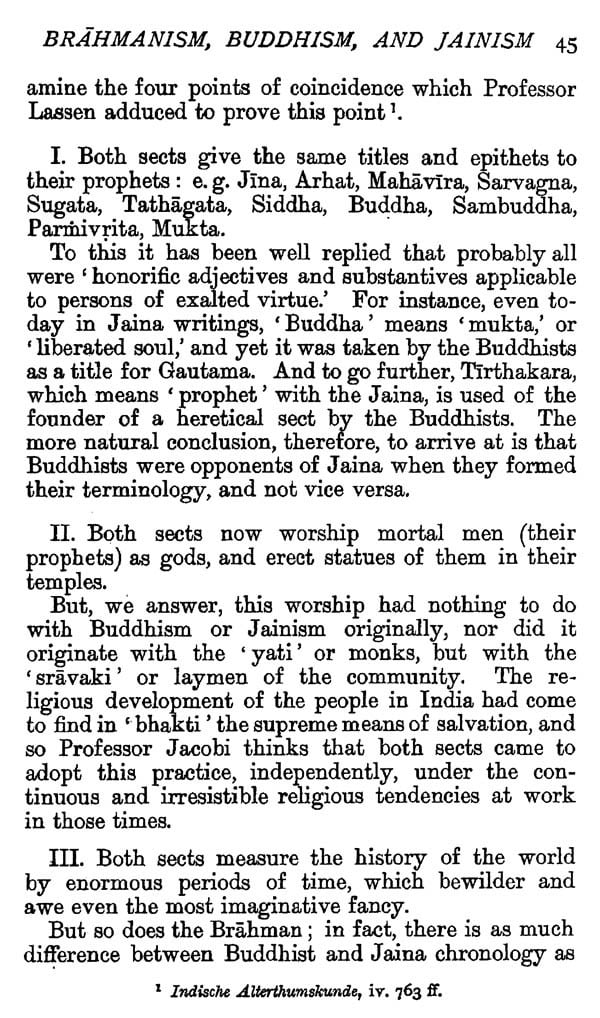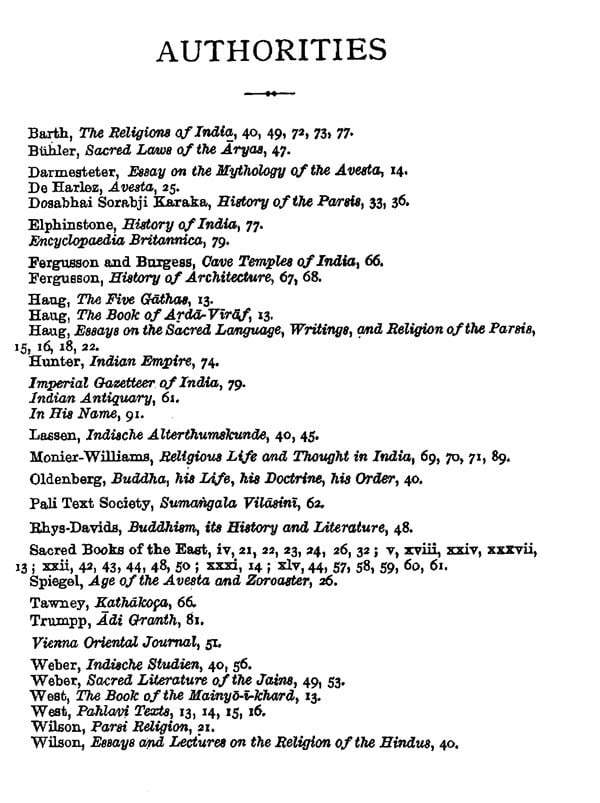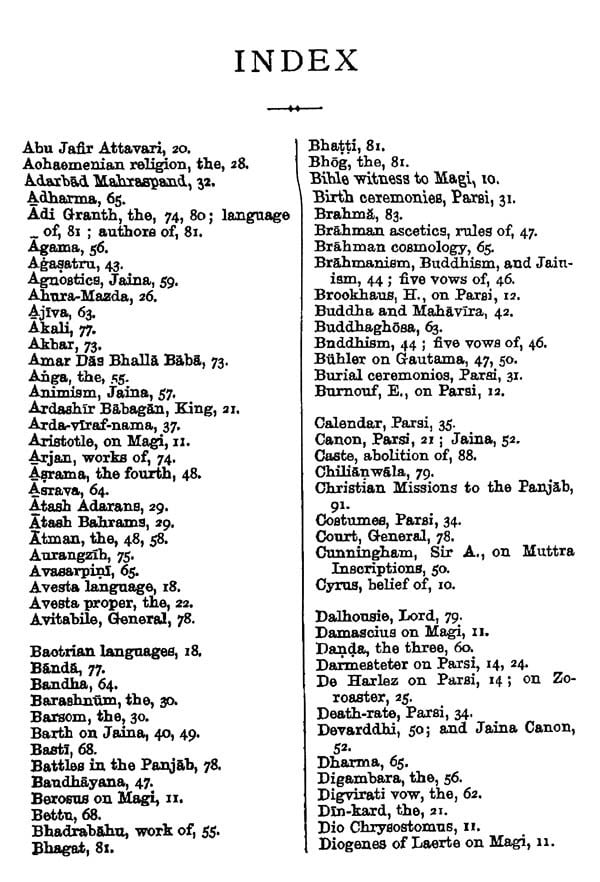About the Book This book seeks to examine the role of three minor religious communities Parsi, Jaina and Sikh-in the religious, social and political life of India. Going deep into the history of the Parsis, it discusses at length the personality of Zoroaster, the founder of this faith, and its sacred scripture, viz., the Zend Avestha. It also deals with the historic migration of Parsis from ancient Iran to India and their great contribution in shaping not only the religious but also the social and economic life of India. Further describing the various aspects of the ascetic faith of the Jains, it record their origin, their development into Shwetambar and Digambar sects and the present-day role played by the Jains in the resurgence of India. Finally, tracing the origin of Sikhism, itpresents a detailed discussion on the religious and political history of the Sikhs, with special focus on the teachings of Guru Nanak Dev and their gradual evolution into a martial class under the leadership of Guru Gobind Singh.
About the Author Douglas M. Thornton was an English Christian missionary to Cairo, Egypt with the Church Missionary Society from 1898 to 1907.His greatest and farthest reaching literary success came in publishing Orient and Occident beginning 1904. Among his important are Parsi, Jaina and Sikh or Some Minor Religious Sects in India and Africa Waiting or the Problem of Africa's Evangelization.
Preface AMIDST the many evolutions of Indian religious thought, there is often a danger of losing sight of individual influences at work. The selection of these three religious sects of Parsi, Jaina, and Sikh will, it is hoped, stimulate further study of those ages of religious inquiry which have given birth to so many schools of thought. The Parsi and the Sikh religions are of twofold interest, as being religious faiths that have given birth to nations.
Parsi-ism has, therefore, been treated more from an historical than a present-day stand- point, which latter fails to give a true impression of its value as a study. The Parsi can rightly claim to have encouraged the study of philology, and of the comparative method of investigating the religions of the world.
The distinctive tenets of the Jaina take us, for their origin, back to the Buddhist era in India-that greatest era of religious speculation that the world has ever known. And hence the study of Jaina philosophy throws many side-lights on the origin of Buddhism and the period which gave it birth. It is time that this were recognized more widely by Anglo-Indians.
The Sikh remind us of the entrance of Islam into India, and the era of its struggle with reforming Hinduism. Their faith embodies both the pantheism of the Brahman and the monotheism of the Muslim, being itself the product of the reflections of successive teachers under both these influences.
**Contents and Sample Pages**
